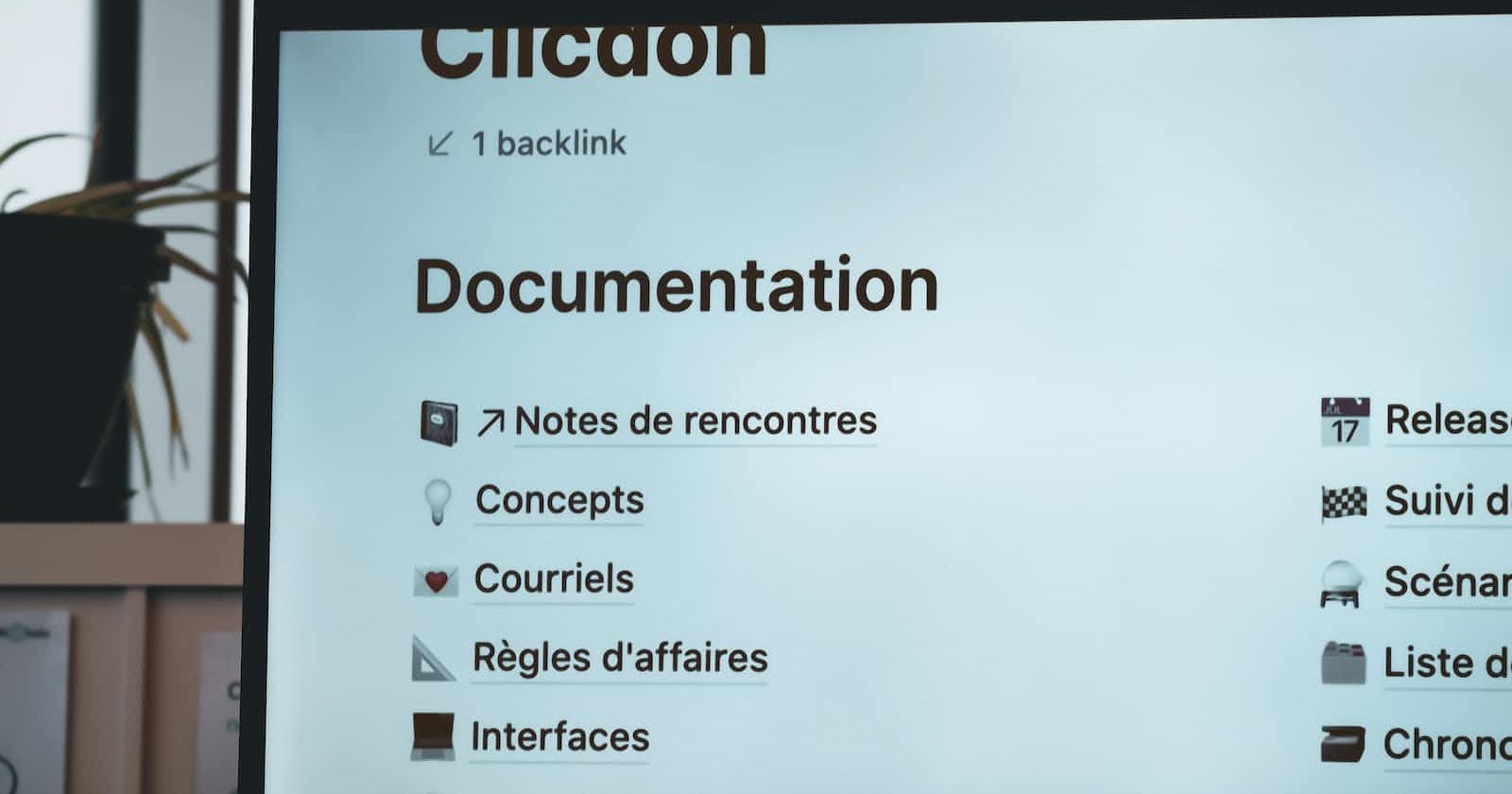Secrets to Succeeding as a New Software Engineer: Why Documentation is Your Secret Weapon
Congratulations, you've landed your first job as a software engineer! Now what? As a new hire, you may be wondering how you can make a valuable contribution to your team. The secret to success lies in mastering the art of documentation, especially during the onboarding process. In this blog post, we'll explore why documentation is so vital for new software engineers and how it can help you make a positive impact on your team.
First and foremost, good documentation is essential for efficient knowledge transfer. During onboarding, you'll learn a lot of new information about the company, the team, and the technology stack. By documenting what you know, you can ensure that this information is easily accessible to your colleagues, especially those who may join the team after you. Good documentation can also help to prevent knowledge silos and ensure that everyone on the team has access to the same information.
In addition to promoting knowledge sharing, good documentation can also help to streamline processes and improve efficiency. By documenting processes and procedures, you can identify areas for improvement and make suggestions for how to optimize workflows. This can help to reduce errors, save time, and increase productivity. As a new software engineer, your fresh perspective can be precious in identifying areas for improvement.
Good documentation can also build trust and credibility with your team. By demonstrating your attention to detail and willingness to learn, you can establish yourself as a reliable and trustworthy team member. You can also use documentation as a tool for seeking feedback and guidance from your colleagues, which can help to foster a culture of collaboration and continuous improvement.
In addition to onboarding and process documentation, it's also essential to document your daily work. Keeping a record of what you do daily can help you stay organized, track your progress, and identify areas for improvement. It can also help you communicate your accomplishments to your manager and demonstrate your value to the team. Documenting your daily work can also be a helpful reference when recalling specific details or information about a project.
For example, when I started my first job as a software engineer, I noticed that there was no documentation on how to securely log in to our company's systems. To help my team, I created a simple step-by-step guide on how to log in safely and took screenshots to make the process easy to follow. This documentation not only helped new hires who came after me, but it also brought value to my team because it had not been done before.
In conclusion, good documentation is essential for new software engineers looking to make a positive impact on their team. By documenting what you learn during onboarding, identifying areas for improvement, and seeking feedback from your colleagues, you can establish yourself as a valuable contributor to the team. Remember to document your daily work to stay organized, track progress, and communicate your accomplishments. So don't underestimate the power of documentation – it might be your secret weapon for success!

